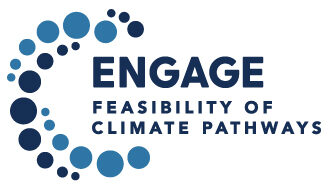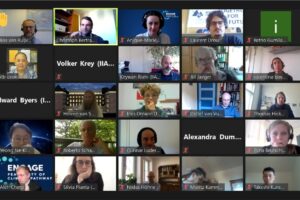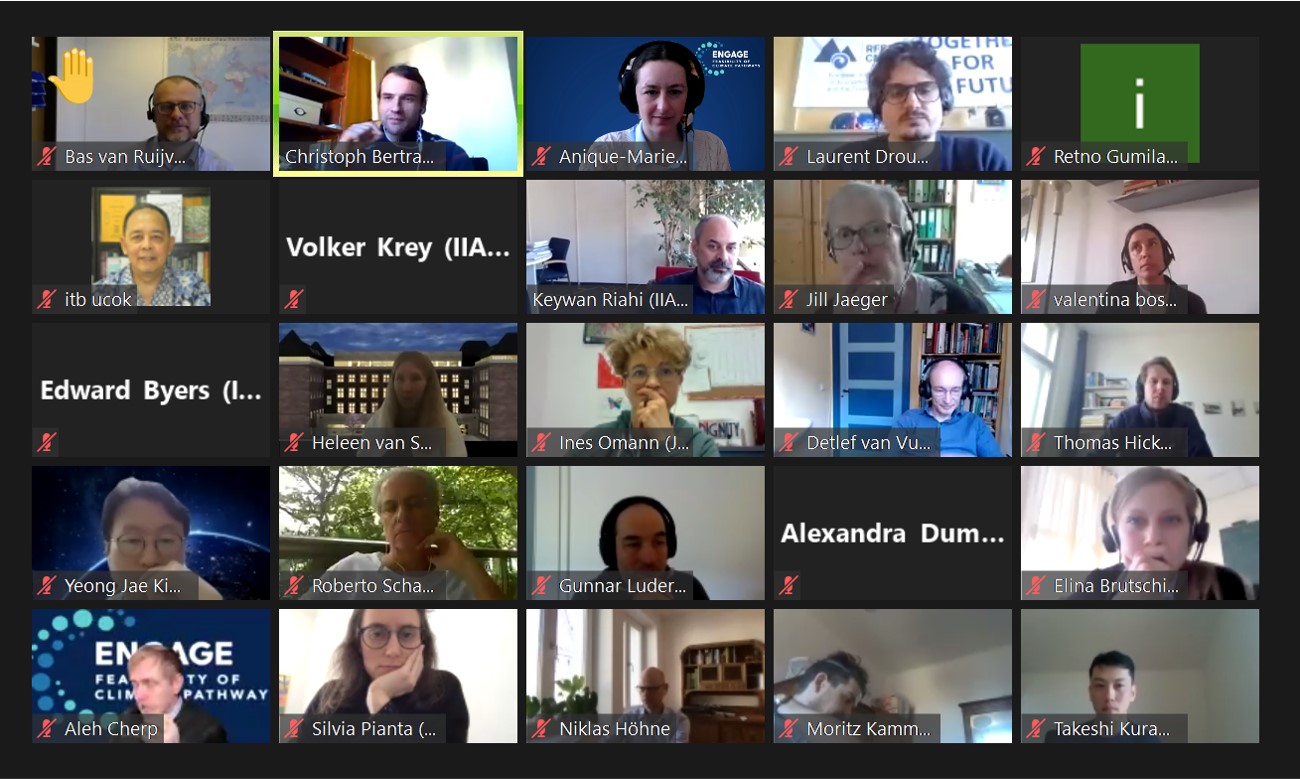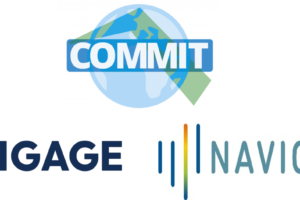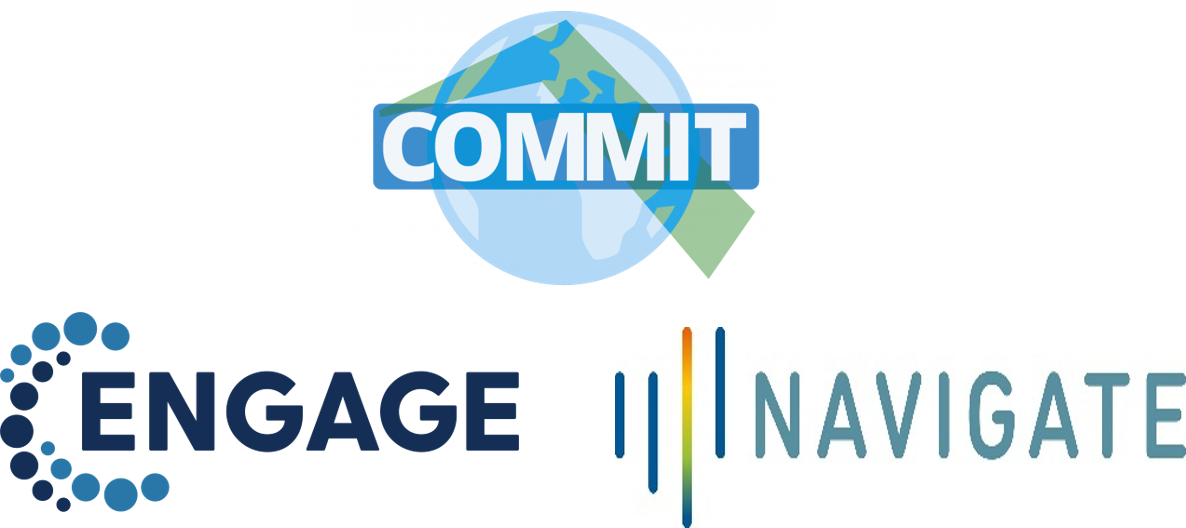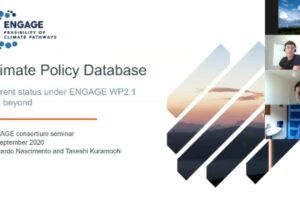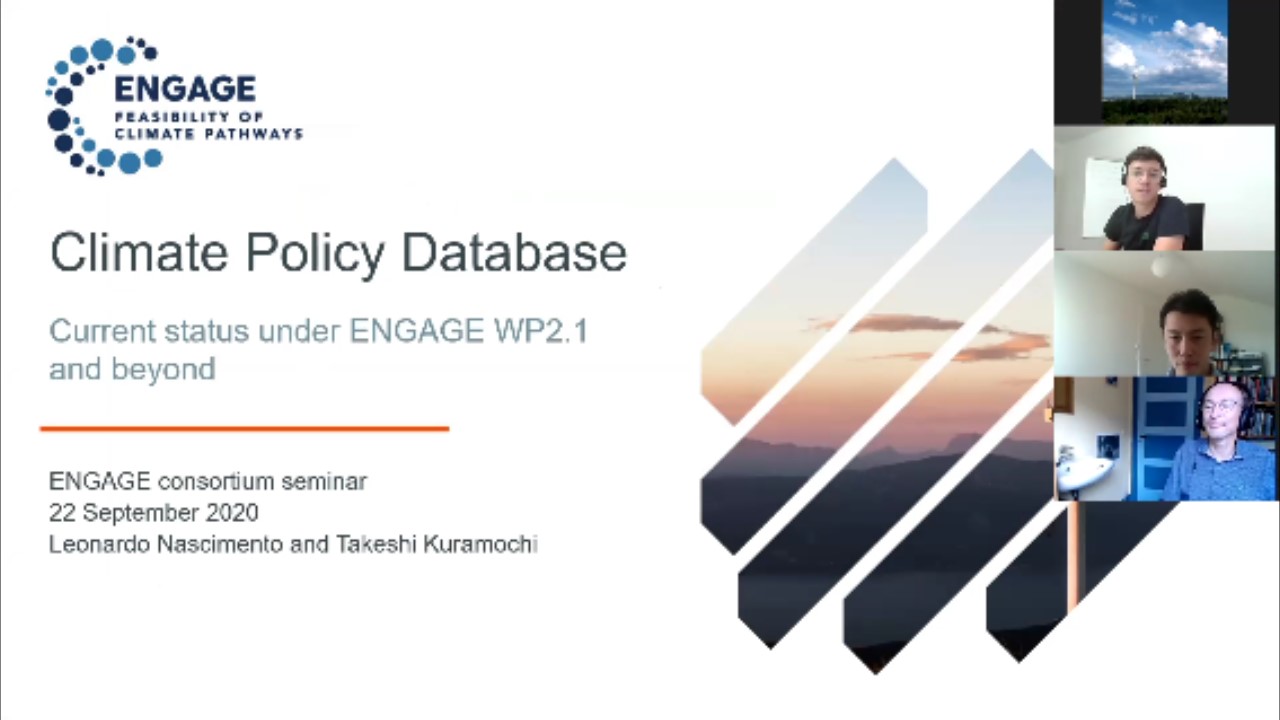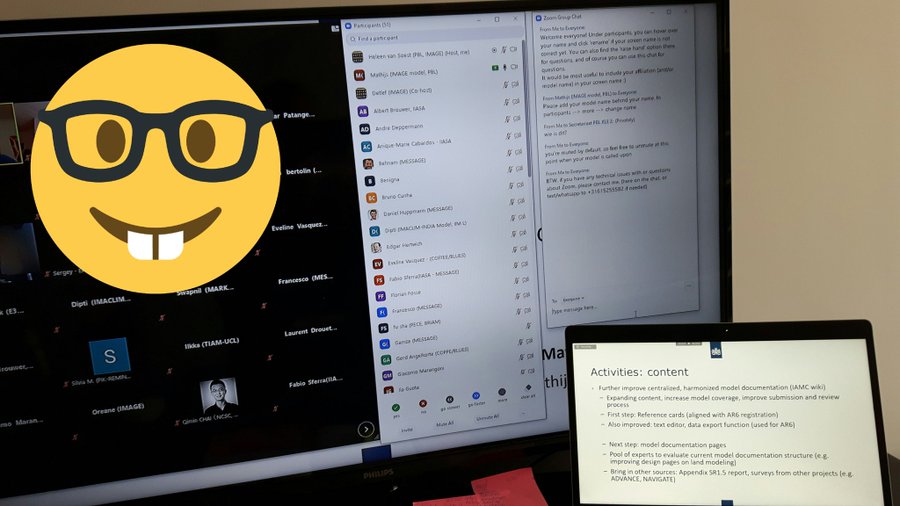New framework to enhance national climate action and achieve global goals
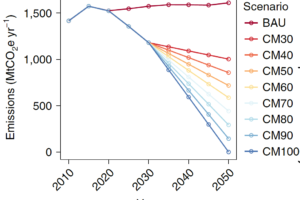
With the COP Climate conference in Glasgow only a few months away, the ambitions of the Paris Agreement and the importance of taking action at the national level to reach global climate goals is returning to the spotlight. IIASA researchers and colleagues have proposed a novel systematic and independent scenario framework that could help policymakers assess and compare climate policies and long-term strategies across countries to support coordinated global climate action.
In a new perspective published in the journal Nature Climate Change, IIASA guest researcher and associate professor of environmental engineering at Kyoto University, Shinichiro Fujimori and colleagues endeavored to address this problem by presenting a systematic and standardized, yet flexible, scenario framework. Starting with projected emission levels of the NDCs for 2030, the framework varies 2050 emissions to explore alternative long-term targets for 2050. Applying the framework to six major Asian countries (China, India, Japan, Korea, Thailand, and Vietnam), for instance, successfully revealed individual challenges in energy system transformation and investment needs in comparable scenarios. According to the researchers, this framework could be a starting point for comprehensive and independent assessments as input to the global stock take over the coming years.
Read more here
Access the article here
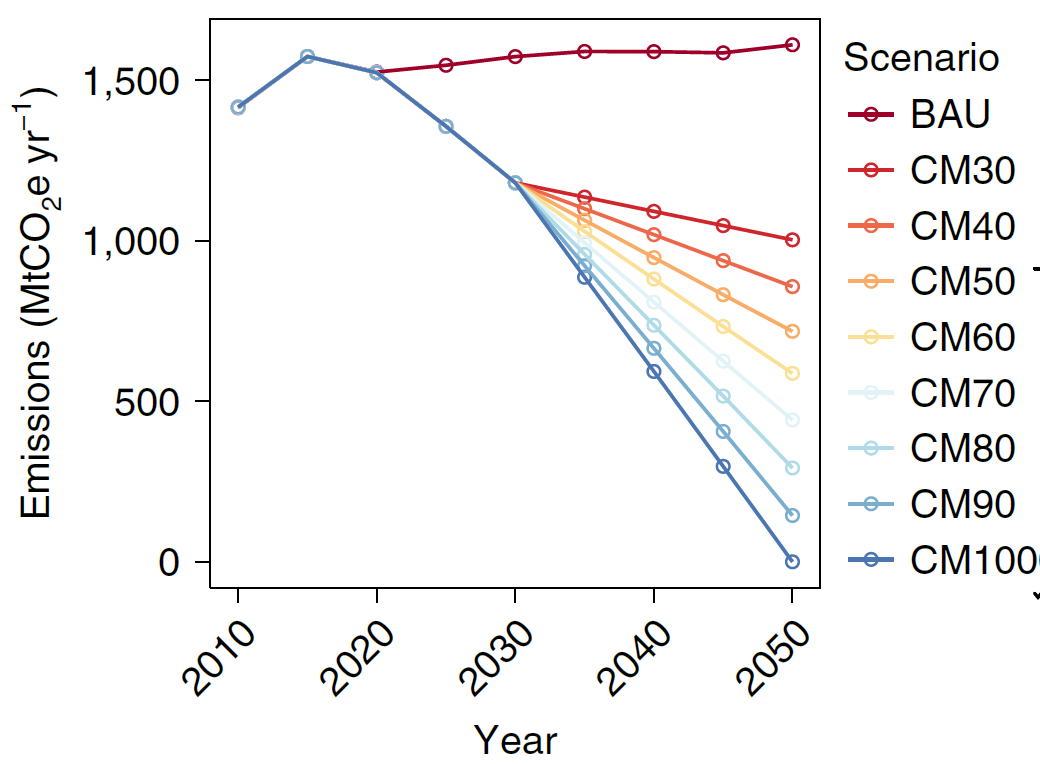
Fig: Illustrative example of the interpretation of the NLPs using Japan as a case study
